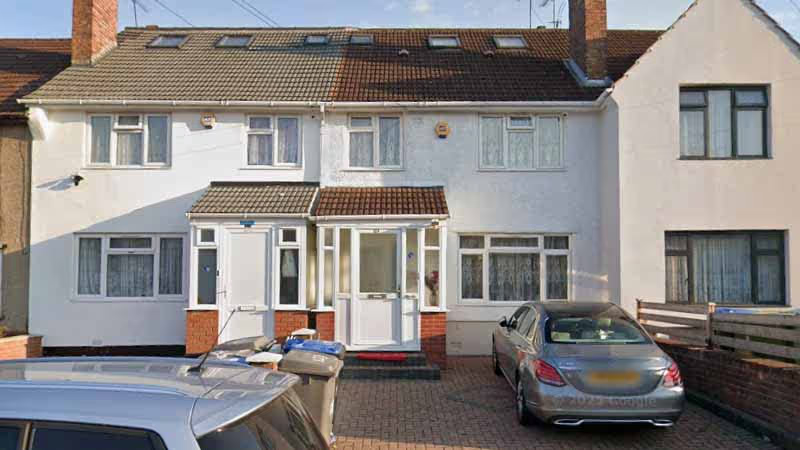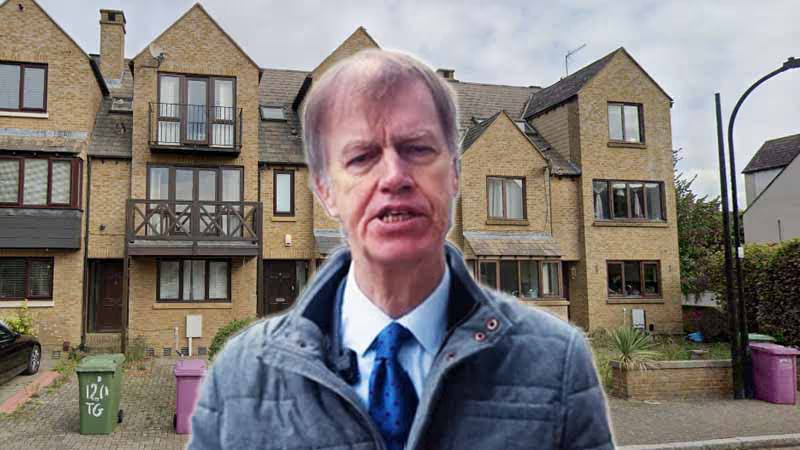Rishi Sunak has made a speech rowing back on several key green policies that were to cost landlords thousands but that were part of his key Net Zero pledges.
Announcing a ‘new approach’ to one of the biggest challenges faced by the UK – climate change – saying “we must reduce our emissions” and that politicians need to “look people in the eye and explain what’s really involved”.
He said this includes being honest about the real-life implications of previous measures to reduce carbon emissions including banning gas boilers even though many properties are not suitable for a heat pump and mandatory EPC Band C upgrades in just a few years’ time.
Sunak also said that although many people, despite wanting to do their bit to reduce carbon emissions, should not have measures forced on them by politicians, especially “those who are already struggling to make ends meet”.
He said without a national debate on carbon emissions reduction, the backing of the people for change would be lost, saying a more pragmatic approach is needed despite the need for ‘hard choices’ and a commitment to meet the UK’s existing Net Zero ambitions.
This includes giving property owners ‘far more time to move to heat pumps’ and ‘not forcing anyone to rip out existing gas boilers’ and only requiring property including landlords to replace them with heat pumps once they have worn out and even then not until 2035. An existing boiler upgrade scheme will be raised by 50% to £7,500.
Sunak also referenced minimum EPC levels for properties, mentioning that the huge costs of upgrading homes is likely to be passed on as higher rents to tenants. The looming EPC changes due to go live for existing tenancies in 2028 are now to be scrapped, with more Government money instead being offered as a carrot to landlords and home owners to upgrade their properties.
Therefore fines for landlords who do not upgrade their properties to a minimum Band C by the 2025 and 2028 deadlines are therefore not off the table.
A survey out today highlights why the Government has rowed back – just one in five property owners told boiler repair firm Fair Fix they supported the planned ban on gas boilers, with 94% believing it should be their decision as to what type of energy powers their home.
Earlier today Foreign Secretary Sue Braverman took to the radio and TV studios to defend the row back, telling both Times Radio and the BBC’s Breakfast Show that she applauded Sunak for making a “difficult decision” that showed “pragmatism and proportionality” saying “we’re not going to save the planet by bankrupting the British people”.
“We need to ensure that we take into account economic growth, household budgets and the cost of living,” she told Radio 4’s Today programme.
Former housing secretary Simon Clarke has said this morning: “I am very clear: The delivery of net zero should not be a hair-shirt exercise”.
Denial
But the U-turn on green policies shows there is much internal conflict within the Tory party. While Gove recently said he wanted to ‘soften’ the impact of green upgrades for landlords, a Government minister in the Lords last week denied any changes were in the pipeline.

Zac Goldsmith (pictured), who until recently was a minister in the Government, said: “His short stint as PM will be remembered as the moment the UK turned its back on the world and on future generations. A moment of shame.”
Alok Sharma, who chaired the recent CO26 summit, said it was important that Britain must stay committed to its Net Zero commitments.
Sunak is expected to make his speech this week but may reveal more details today following last night’s leak.
Landlords’ reaction

Responding to the Prime Minister’s speech scrapping proposed energy efficiency targets for households, including rental properties, Ben Beadle (pictured), Chief Executive of the National Residential Landlords Association (NRLA), says: “We want to see all properties as energy efficient as possible.
“But the uncertainty surrounding energy efficiency policy has been hugely damaging to the supply of rented properties.
“Landlords are struggling to make investment decisions without a clear idea of the Government’s direction of travel.
“It is welcome that landlords will not be required to invest substantial sums of money during a cost-of-living crisis when many are themselves struggling financially.
However, ministers need to use the space they are creating to develop a full plan that supports the rental market to make the energy efficiency improvements we all want to see.
“This must include appropriate financial support and reform of the tax system which currently fails to support investment in energy efficiency measures.”















.avif)
.avif)


















Comments